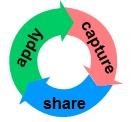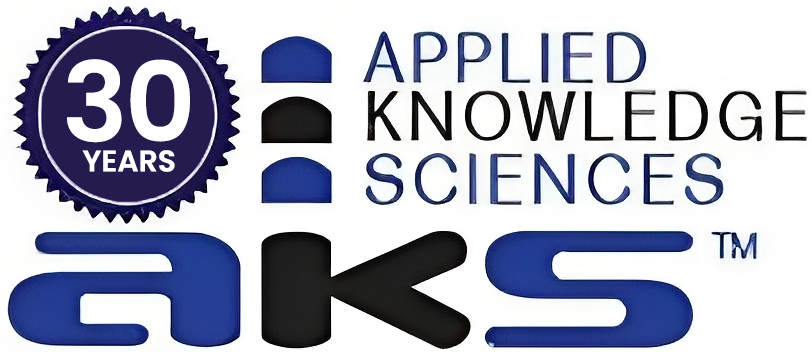The seven warning signs of corporate memory loss
Intellectual capital represents roughly eighty percent of your organization's total value. It's the wealth inherent in your corporate experience, your institutional knowledge. It's what keeps your organization alive.
The only way your organization can continue to live and grow is by applying and growing your intellectual capital. Lose it, or allow it to stagnate, and your entire enterprise suffers as you'll no longer be able to keep up with the rapid changes and increasing complexity of your market.
Based on our research and experience in working with knowledge-intensive organizations for nearly three decades, we've identified the following seven warning signs of corporate "memory loss:"
- Inability to achieve performance goals, caused in part by reductions in budget and staff, and conflicting priorities
- Too many missed deadlines and lost opportunities by having only one "go-to" person in a critical area
- Too much time, money and resources wasted from repeating mistakes and "re-inventing the wheel"
- An aging workforce and/or large numbers of pending departures or retirements
- Risk of serious consequences from sudden, unexpected loss of critical knowledge
- Strong cultural resistance to knowledge sharing
- No systematic, repeatable process for capturing, sharing and applying lessons learned and best practices.
If your organization exhibits one or more of these symptoms, you're already aware of the drain they place on your ability to compete. If not corrected, they will only continue to impede your success.
The good news is there are steps you can take which will help turn corporate memory loss into rapid learning and growth.
Here are three simple questions about your organization that you should be asking:
“We don’t know what we know”
__ true __ false
“Our people resist sharing what they know with others in the organization”
__ true __ false
“We don’t effectively use what we know”
__ true __ false
That’s pretty much it. These three questions address the key elements of becoming a fast-learning, knowledge-based enterprise:

- Capture (you know what you know)
- Share (you grow what you know)
- Apply (you make the most of what you know)
Some organizations have the knowledge they need to succeed, but it's not shared across the enterprise. Others have the right knowledge and share it, but it’s frequently misapplied. In order to succeed, all three must be present.
Of course, not all of your organization's knowledge needs to be captured, shared and applied. It's your critical knowledge that you need to be focusing on. By critical we mean highly specialized knowledge that’s essential to your organization’s success and is at risk of being lost or compromised.
The top subject matter experts (SMEs) in your organization are a good place to start. Work with them to identify and capture their valuable "know-how" so others can learn what they do, how and why they do it, and ultimately, even improve upon it.
How mentoring can help you capture, share and apply your critical knowledge...
